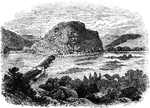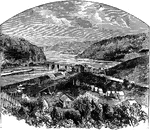Clipart tagged: ‘Harper's Ferry’
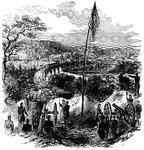
Bouquet Battery
"The Bouquet Battery, commanding the viaduct over the Patapsco River, on the Baltimore and Ohio Railroad,…
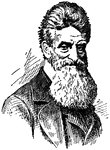
John Brown
(1800-1859) American abolitionist famous for the Pottawatomie Massacre, Bleeding Kansas, and the raid…
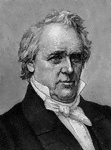
John Brown
In 1859, John Brown collected a small body of men, white and black, in the mountains of Maryland. He…

View of Grafton
"View of Grafton, West Virginia, occupied by the Federal Troops, under the command of General McClellan,…
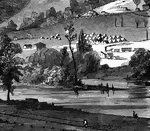
Grafton Occupied by Federal Troops
"View of Grafton, West Virginia, occupied by the Federal Troops, under the command of General McClellan,…
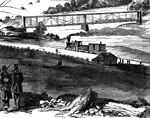
Railroad at Grafton
"View of Grafton, West Virginia, occupied by the Federal Troops, under the command of General McClellan,…
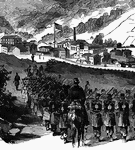
Federal Troops at Grafton, West Virginia
"View of Grafton, West Virginia, occupied by the Federal Troops, under the command of General McClellan,…

View of Harper's Ferry, 1862, Looking South
The town of Harper's Ferry, where an important Civil War battle was fought in 1862.

Burning of the Arsenal at Harper's Ferry
The burning of the arsenal in Harper's Ferry during the American Civil War
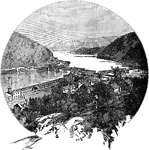
Harpers Ferry
Harpers Ferry is a historic town in Jefferson County, West Virginia. It is located at the confluence…
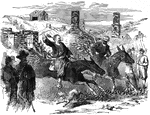
Passage of the Potomac
"A street in Harper's Ferry, VA., during the passage of the Potomac by the Federal troops from Maryland,…
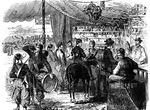
Sutler's Store
"A sutler's store, Harper's Ferry, Va. The sutler's store at Harper's Ferry represents one of those…
